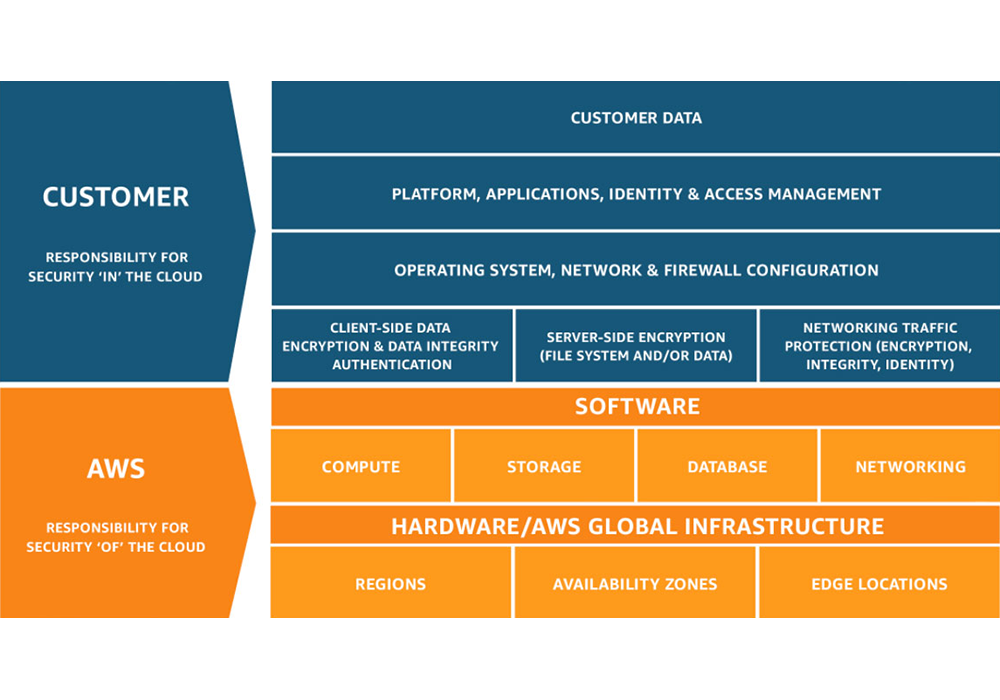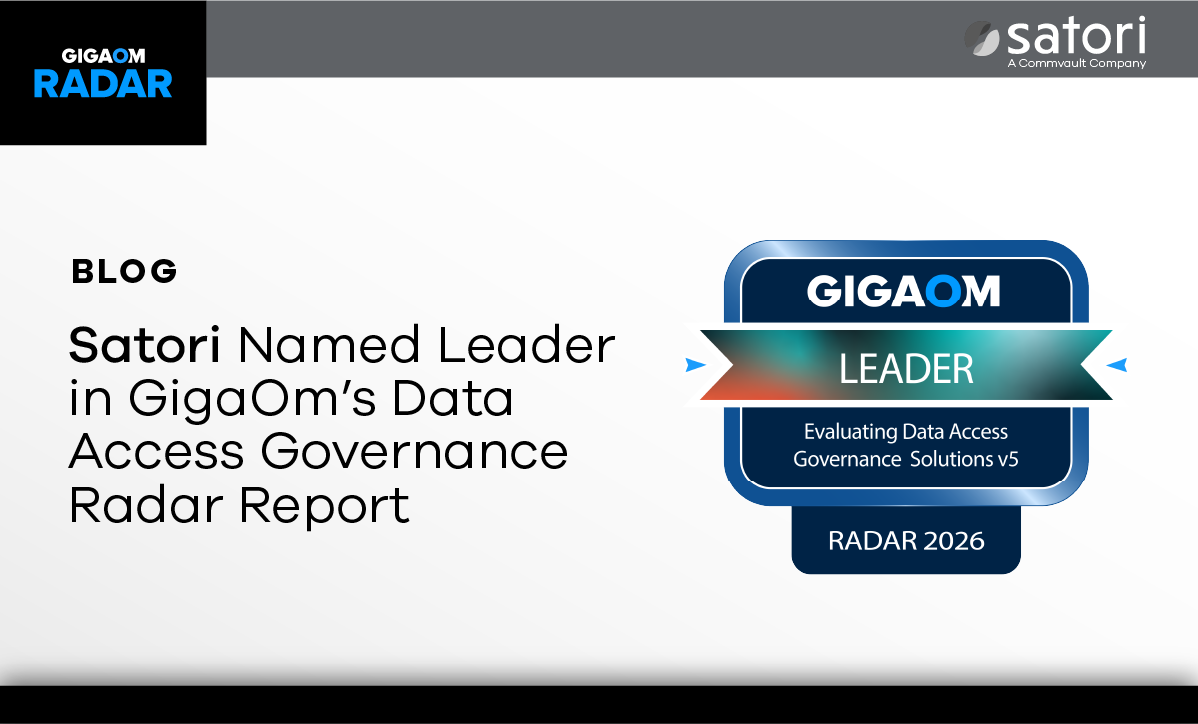A Few Examples of the Mandela Effect:
- Although most people remember childhood character Curious George as being drawn with a tail, he does not have one.
- Many people believe there is a brand of peanut butter called “Jiffy” but there is not. There’s Jif, and there’s Skippy, but no Jiffy.
- In the iconic scene in “Silence of the Lambs,” Hannibal Lecter does not say “Hello Clarice” as many people remember. He says “good morning.”
The Mandela Effect in the Cloud
The Mandela effect is not just a pop culture phenomenon, it exists in the world of enterprise technology, too. It’s a common misconception that data stored in the cloud is automatically backed up. The truth is that cloud providers operate on a shared responsibility model, in which the cloud provider is responsible for the security of the software, hardware and infrastructure, but not customers’ data.

For example, when AWS refers to their highly durable Amazon S3 service, it’s true that the platform is incredibly durable, which means you’re unlikely to experience any trouble with their systems or infrastructure. However, this has nothing to do with protecting your data from accidental deletions, ransomware attacks or insider threats. According to the shared responsibility model, that’s your job.
Taking Steps to Protect Your Cloud Data
Customers love working with Clumio because they get air-gapped, immutable data protection with incredibly fast time to value while SaaS simplicity ensures fast and simple ingest, cataloging, search and recovery at any scale. Clumio allows customers to automate protection of their AWS and Microsoft 365 data, saving time and resources that allow them to focus on strategic initiatives and reducing TCO compared with other options.
Don’t let data protection misconceptions leave you vulnerable.


